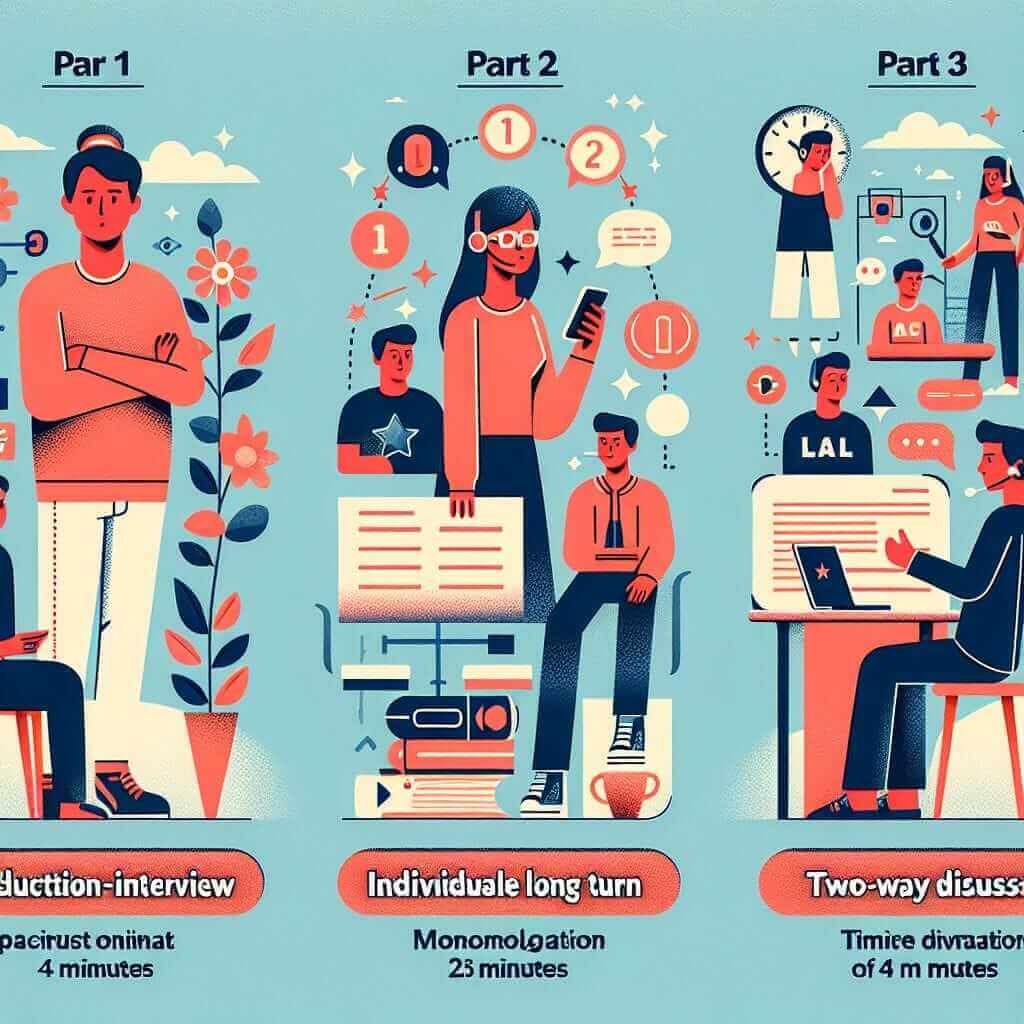As an IELTS instructor with over 20 years of experience, I often get asked this question: “Do native English speakers automatically get a high score on the IELTS?” The answer, like most things related to language assessment, is a bit more nuanced than a simple yes or no.
Native Language Doesn’t Guarantee a High Score
While it’s true that native English speakers have an inherent advantage in terms of vocabulary and grammar, the IELTS exam, particularly the speaking test, evaluates much more than just linguistic proficiency.
Understanding the IELTS Speaking Test Criteria
The IELTS Speaking test assesses candidates across four key areas:
- Fluency and Coherence: This refers to your ability to speak smoothly, connect your ideas logically, and use a range of cohesive devices.
- Lexical Resource: This assesses the breadth and precision of your vocabulary.
- Grammatical Range and Accuracy: This looks at your ability to use a variety of grammatical structures accurately.
- Pronunciation: This evaluates your ability to be understood and the clarity of your speech.
Even native speakers can lose marks in areas like fluency if they hesitate too much or struggle to organize their thoughts. Similarly, a limited vocabulary or incorrect grammar use can impact their scores.
Common Pitfalls for Native Speakers
Here are some reasons why native speakers might not automatically achieve a top score:
- Complacency: Assuming their native language skills are enough and not preparing adequately.
- Informal Language: Using slang, colloquialisms, or overly casual language in the speaking test.
- Lack of Exam Strategy: Not understanding the test format, question types, or how to effectively respond to prompts.

How Native Speakers Can Excel on the IELTS Speaking Test
Focus on Clarity and Coherence:
Even if your vocabulary is extensive, prioritize clear and concise communication. Use linking words and phrases to connect your ideas smoothly.
Brush Up on Formal Language:
Remember, this is a formal assessment. Avoid slang and colloquialisms. Practice using sophisticated vocabulary and grammatical structures.
Familiarize Yourself with the Test Format:
Understanding the structure, timing, and question types is crucial. Practice with sample tests and familiarize yourself with the assessment criteria.
Pay Attention to Pronunciation:
While you might not need to work on your accent, focus on speaking clearly and enunciating words properly.
Seek Feedback:
Record yourself speaking and analyze your performance. Better yet, have an experienced IELTS instructor provide feedback on your strengths and areas for improvement.
Conclusion
Native language proficiency gives you a head start, but it’s not a guarantee of a high IELTS score. By understanding the test format, refining your formal language skills, and practicing effectively, you can leverage your existing knowledge to achieve your desired results. Remember, preparation is key, even for native speakers.